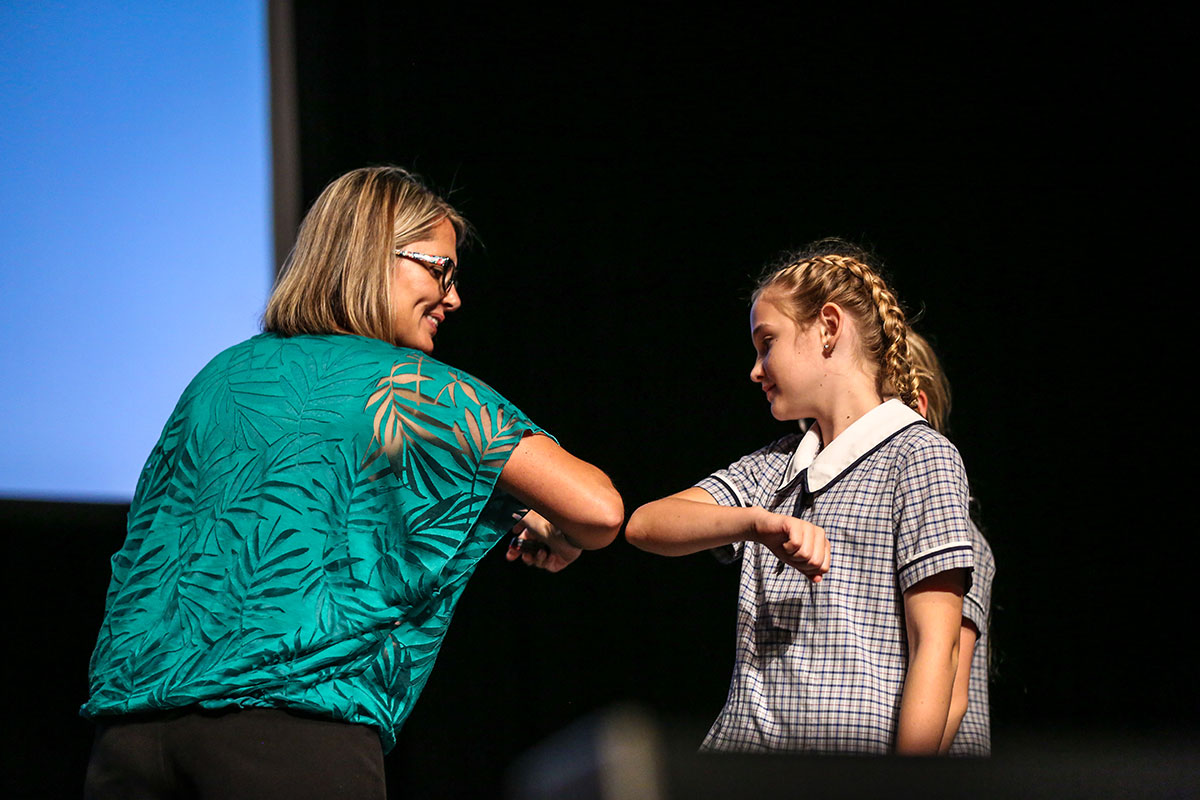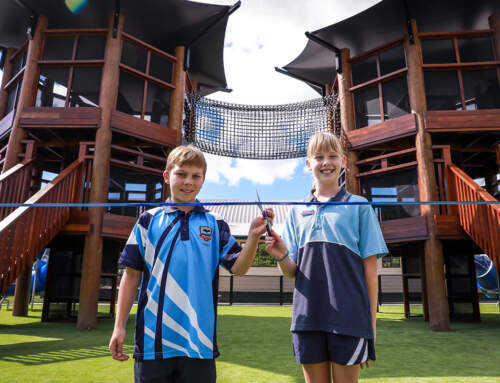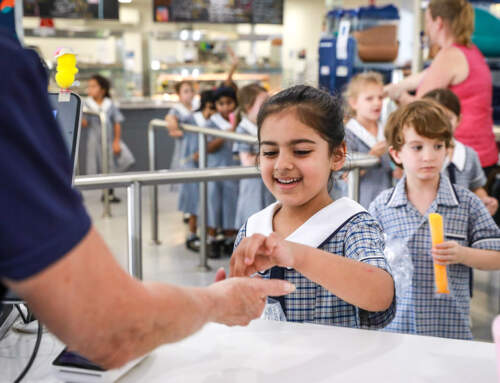There will be many different reactions from our community as we enter into another surprise 3 day lockdown. Some people will be happy with the solitude the lockdown brings while others will have their stress tolerance stretched to its limits.
A heightened sense of anxiety is a normal reaction to a pandemic, such as the one we find ourselves in right now. However, for most people in our community this anxiety will reduce once the pandemic has been resolved and will therefore not require further clinical treatment. Dr Russ Harris talks about the struggle switch, which is our tendency to struggle against painful emotions, thoughts and memories. If we engage in this psychological struggle, it is often the case that these painful experiences get bigger and more influential in our lives. For more information on the struggle switch click on the below link.
When I speak with people about anxiety we often learn that their focus is attuned to situations and circumstances that are out of their control. So when one’s desire to do something is outside the realm of their ability, they become stuck in a cycle of distress and anxiety. What we see in many mental health reports is that the COVID lockdown is causing this cycle of distress and anxiety. If we allow our focus to dwell upon that which is out of our control, we are likely to make our experience even more difficult. If we are able to step back and intentionally shift our focus away from what we can’t control toward what we can control, we will be better positioned to maintain a sense of stability even through the restrictions placed upon us. One practical way of doing this, is to develop your families own daily routine. It is best to develop this routine alongside your children so they are more likely to co-operate.
Routine:
We know children need both structure and free play, so it will be best to incorporate both of these types into your daily routine. Be sure to include a variety of different tasks and activities such as school work, mum and dad time, physical activity and free time. This will help keep them engaged and learning throughout the day. Children feel secure when they know what their routine is, so communicate with them frequently about your families daily routine.
Other tips:
Try and limit exposure to media stories of the lockdown, rather only disseminate the information your child needs to know to help them understand what is going on at an age-appropriate level.
Keep in touch with family and friends via video call. This can be a great way of being able to connect with loved ones. This could also be scheduled into your daily routine, so your children have something to look forward to at the end of the day.
Reach out for help:
If you or your child is feeling overwhelmed and would like some further support around mental health here are some services you can connect with.
Beyond Blue Coronavirus Mental Wellbeing Service – 1800 512 348
Parentline – 1300 30 1300
Kids Helpline – 1800 551 800
Other Helpful Resources:
Struggle Switch – https://www.youtube.com/watch?v=rCp1l16GCXI
Face Covid – https://www.youtube.com/watch?v=BmvNCdpHUYM
Supporting Children during the Pandemic – https://emergingminds.com.au/resources/supporting-children-during-the-coronavirus-covid-19-outbreak/






